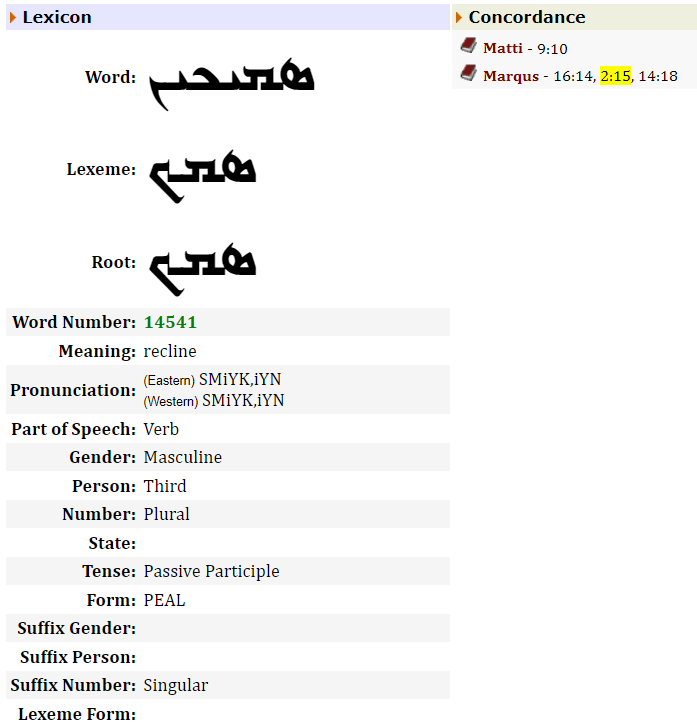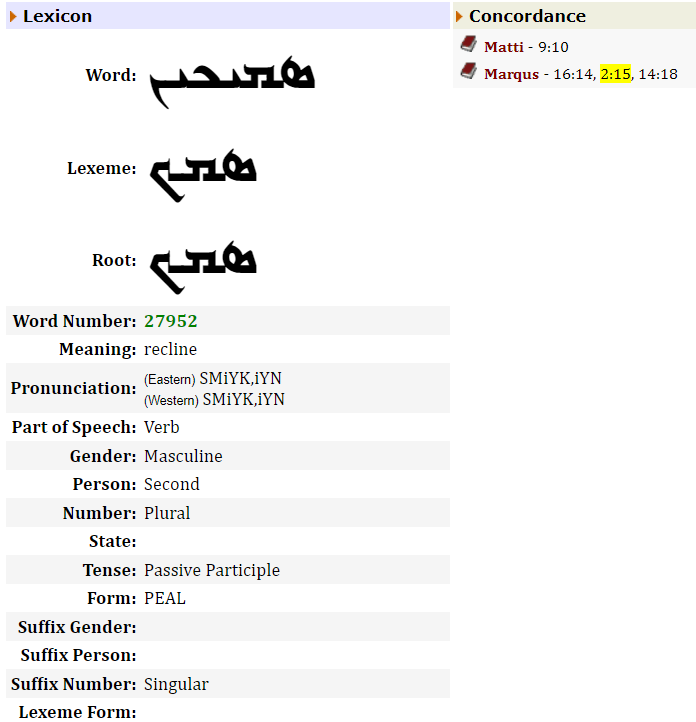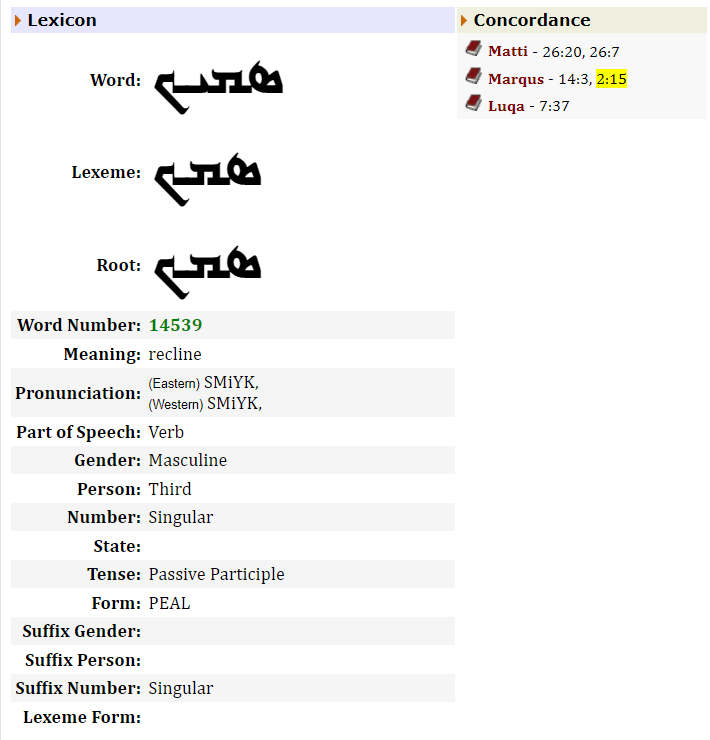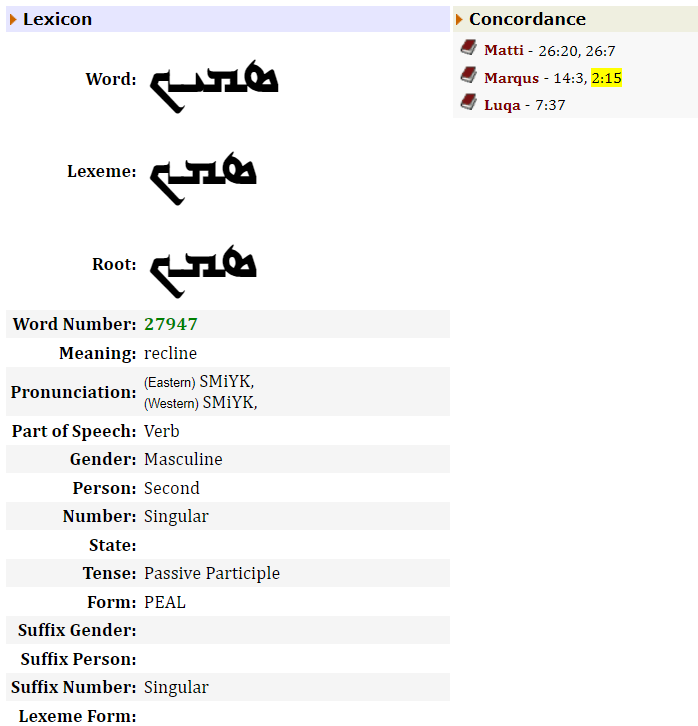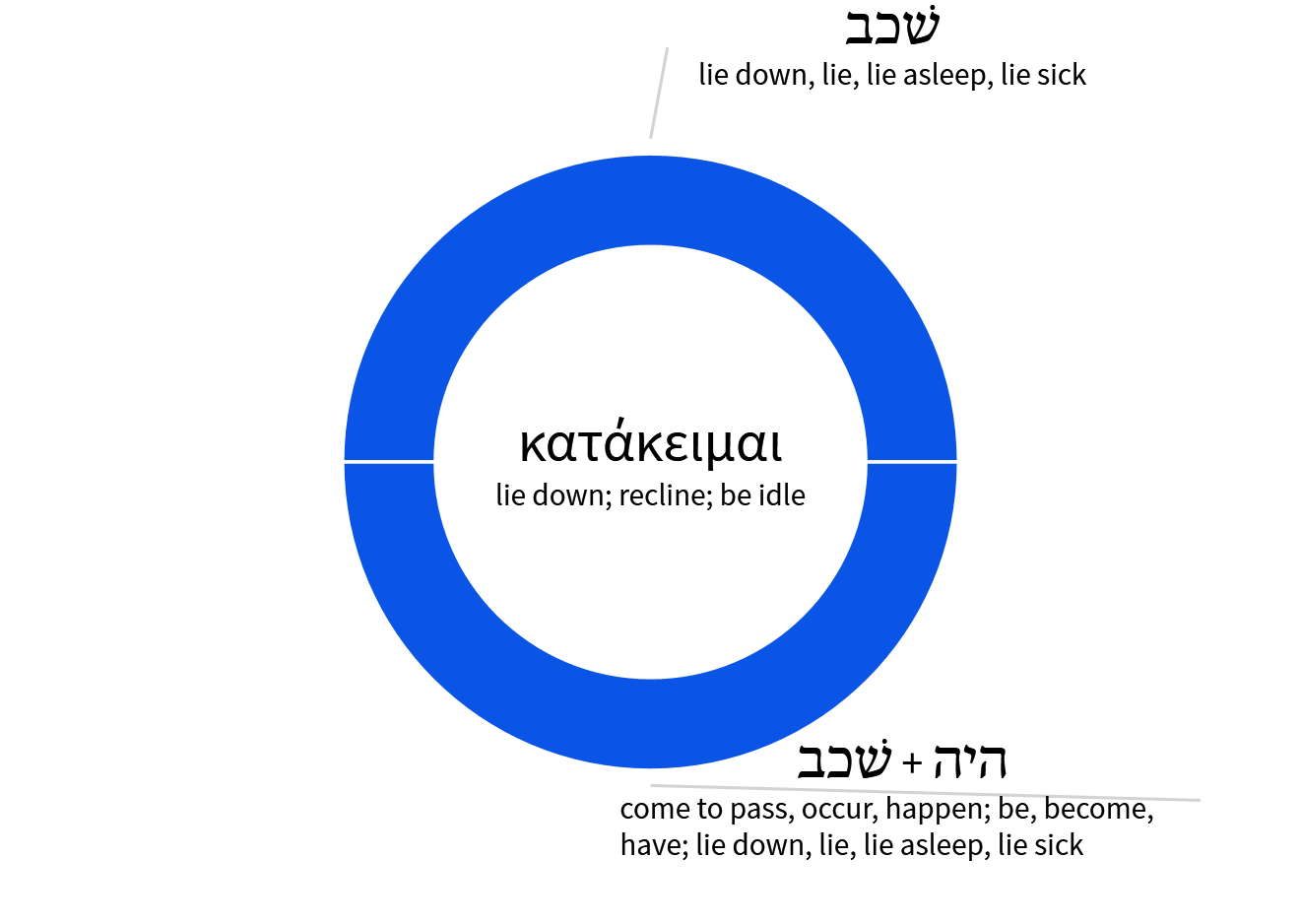I think the OP is probably right that Jesus spoke Greek. This event happened in Capernaum, which is in Galilee. Galilee was significantly Hellenized at this time; so, Jesus speaking Greek at this location, in my opinion, is rather obvious. Personally, I think he was fluent in Greek,
Aramaic, and Hebrew. However, I don't think this passage necessarily determines that. At most, it's weakly supportive.
The OP suggests that the double entendre of the Greek word, κατάκειμαι, indicates Jesus was speaking in Greek. But, Jesus wasn't speaking when Mark presents the word κατάκειμαι ("recline to eat, lie down, bed ridden"). Mark as narratator is the one that uses it in the text. When Jesus is speaking about the sick he says, "οἱ κακῶς ἔχοντες" (lit: those having disease). So, Jesus doesn't use the word when he refers to sickness.
However, the OP made an interesting observation of a play on the word κατάκειμαι. So, I'd like to add that the play on the word is strengthened by the chiastic structure of the text. In my opinion, it's a very good observation.
Here's the chiasm form applied to the NASB:
A 15 And it happened that He was reclining at the table (κατάκειμαι) in his house,
and many tax collectors and sinners were dining with Jesus and His disciples;
for there were many of them, and they were following Him.
B 16 When the scribes of the Pharisees saw that He was eating
with the sinners and tax collectors,
B' they said to His disciples, “Why is He eating with tax collectors and sinners?”
A' 17 And hearing this, Jesus said to them,
“It is not those who are healthy who need a physician,
but those who are sick (οἱ κακῶς ἔχοντες);
I did not come to call the righteous, but sinners.”
This is how Mark structures the text. Note that κατάκειμαι (in one of its senses), at the beginning, reflects οἱ κακῶς ἔχοντες at the end. And notice how "sinners and tax collectors" is reversed in the middle (parts B and B'). The inversion is typical of Inclusio and chiastic structures. Also, the concept of 'sickness' is already quite prominently turned on by the immediately previous story of the paralytic. So, for the person hearing or reading these stories, back to back, the word κατάκειμαι would have brought 'bed-ridden' immediately to mind. The chiasm strengthens the connection; it strengthens the double-entendre.
So, I think Jesus, and Mark as the narrator, are going out of their way to correlate sickness with sinners and being well with the righteous. And yet, doing so with a paradoxical twist, the parody the OP suggests. At the end, when Jesus says, "I did not come to call the righteous, but sinners," the reader is left with a bit of a question as to which is which and who is who. The double entendre of κατάκειμαι sets up this dialectic in a rather clever way.
In that regard, 'righteous' and 'sinners', at the end, are used rhetorically almost like titles--they label two groups of people. At that time, that would have immediately brought to mind the conflict between the staunch Jewish leadership (Scribes and Pharisees), that is, "the Righteous", and the Hellenizing efforts of the Greeks and Romans (the Gentiles), that is, "the Sinners", Jews alleged to be in name only. The 2nd temple period is characterized by this ideological conflict and how it played out in day-to-day life. For the "righteous Jew", the conflict was marked by a steadfast adherence to Torah, specifically in actions which publicly differentiated Jews from Gentiles. One differentiator is quite evident in this text: eating with "sinners".
This is why there's so much talk in the New Testament about what defines in-group and out-group. This is brought out in both the Gospels and the Pauline writings (social interaction rules, circumcision, food laws, etc). So, for this text before us, the ideological conflict is brought front and center by the labels "healthy" and "sick".
In other words, there's an ideological undercurrent flowing through this text that works to define who Jesus is.
The OP had asked about the Aramaic or Hebrew term that may have been used. I think the other answers (Jason and Perry Perry Webb) give sound responses. However, there are assumptions in the OP that present a pathway to say, "Jesus spoke Greek." While I actually agree with the OP that Jesus spoke Greek, and I hope I've supported that, I don't think one can conclude that use of κατάκειμαι implies Jesus spoke Greek. If the text says anything about speaking in Greek, it says that Mark wrote in Greek. And it says that Jesus came to resolve the sin problem through a physician metaphor that was contrary to a sinner's works-based effort that demarcates the in-group from the out-group. Thus it builds, and perhaps reemphasizes, the point of the previous story: Jesus has the authority to forgive. Neither Hellenizing effort nor strict Torah adherence will achieve forgiveness.
